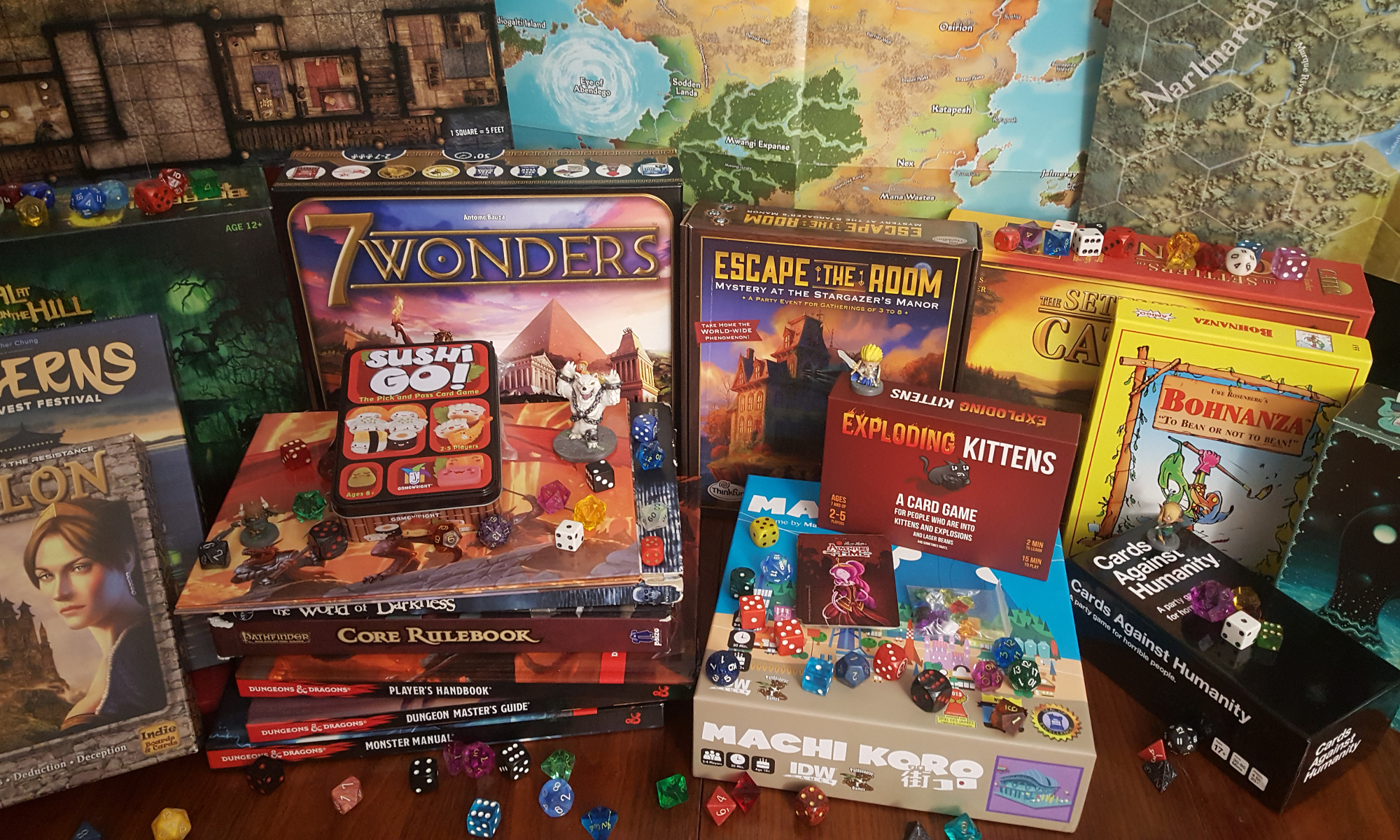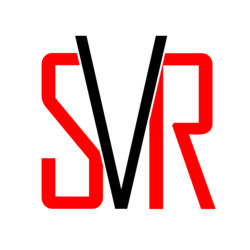With a wee few exceptions, every game features some sort of bookkeeping, be it tracking the position of the pieces on a board, recording important information about the player’s resources or simply recording the history of the game. In today’s edition of Save Vs Rant, we delve into this topic, discussing both front-end and back-end bookkeeping in games (especially RPGs).
Because I know there are pendants in the audience (this is a gaming podcast, after all), I need to mention that I know the game of Baccarat isn’t “random,” save for how the cards are dealt. Ultimately, the outcome of any given round favors the banker slightly, and it is possible to count cards in Baccarat. The Wizard of Odds (an amazing site for researching casino games and learning about the math) has an excellent article about how it isn’t worth your time.
Now that I’ve gotten that out of the way, I’d like to mention some resources that could help with bookkeeping in your games. I mentioned in the podcast that I use an initiative tracking pad. That can be found here in a Pathfinder branded version that is fundamentally identical to the one I use. It is not by any means the only solution. Using cards hung from a DM screen is another fantastic solution, and if you’re looking for something a little more professional than chicken scratches on cardstock, DM’s Guild has you covered.
Always try to keep your notes organized. I enjoy using 3-ring binders and notepads, but as time goes on, I become more comfortable using my laptop as my catchall solution for bookkeeping on the DM end. Beware of using electronics at your game table, however, because it’s easy to stop and peruse your favorite blog or get distracted by the siren song of the internet.
For player bookkeeping, I tend to use larger character sheets that allow me to cover more information. Compact sheets are great, but I prefer back-end bookkeeping to front-end, as I would rather spend a bit of time prepping for the game rather than slow down the game for everyone involved while I figure something out.
While not strictly bookkeeping, organization in board and card games can be incredibly useful in getting the most table time. Spending less time getting your little life tokens or meeple where they belong is spending more time playing games. The Broken Token is a great resource for game organizers (as well as metal coins and other game enhancements).
Bookkeeping in games can be one of the most daunting tasks for the inexperienced DM (or player even), and anything that takes some of that stress off you without compromising the integrity of the game is a good thing.

